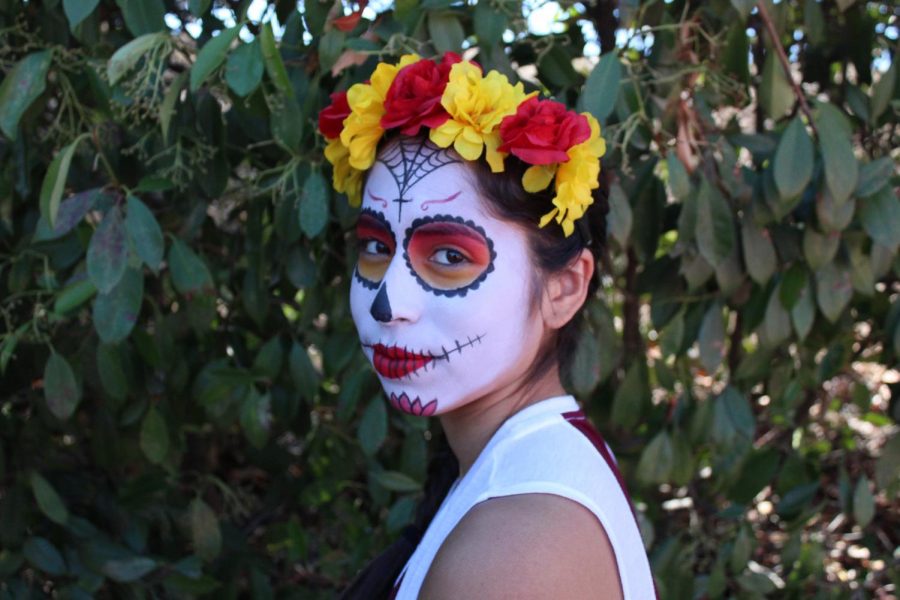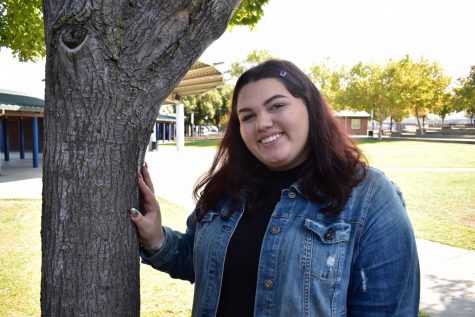Day of the Dead
October 29, 2018
Day of the Dead has been an important holiday for Mexican, Aztec, and Latin American cultures throughout much of history. It is celebrated on the days of October 31-November 2. Day of the Dead holds much value to the people who grew up celebrating it, which is why it may be a surprise that Oakmont has not been celebrating it in the recent years given the meaning behind the holiday.
“When I came to the U.S. from Mexico, I used to celebrate it and all of the traditions, and when I started coming to this school, I saw that other people didn’t like to celebrate it and it made me feel sad,” senior Paola Fuentes Benavides said. “I like to represent my country, but I don’t usually do it [here] because other people make fun of me [and I feel like] they’re being racist [towards me].”
At Oakmont, Day of the Dead is not publically celebrated due to the many recent deaths our student body has faced over the past few years. Day of the Dead can seem like an insensitive holiday to celebrate given all of the amazing students we have lost.
A prominent part of the holiday many people recognize is the altars with their offerings. The altars are put in place to show the souls their way home and to let them know they are not forgotten even after they have passed away. A few aspects both kinds of altars have are photographs of the deceased loved ones, candles, marigolds, and pan de muerto. This year there will be an altar set up in the library, unlike the few previous years, according to Spanish language teacher Mrs. Juliana Carlson.
“[My grandma] had an alter in out apartment… she put flowers and candles on the altar whenever she was missing her family,” junior Juliette Adams said. “It made her happy to remember [her siblings] and not sad for what had happened to them.”
Even though the name of the holiday Day of the Dead may seem morbid and depressing, it is actually a very joyous and honorable celebration.
“Day of the Dead isn’t the mourning of people you’ve lost,” learning specialist support Ms. Ferriera said. “It’s really just about honoring and celebrating the lives of them, remembering them and what they loved to do and who they were as people.”



